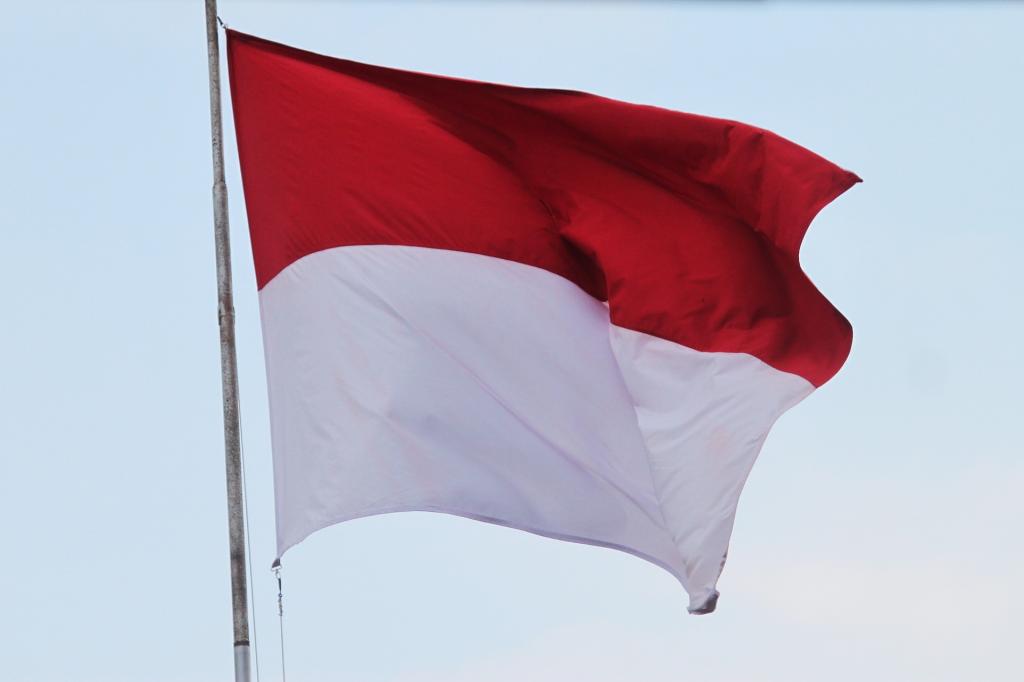Abstract
Digital media is one of the pillars of democracy. The media serves various expressions that support the government or criticize the government. Both are present along with the development of democracy and the rapid progress of digital media. This paper intends to explain the digital trace of Joko Widodo government over his period of power. By using DNA (discourse network analysis) and discourse analysis, this study observes how the criticism of the Jokowi government in 2014-2018 through digital media was then responded to and how discursive networks were formed in it. The presence of various criticisms is one of the consequences of the development of democracy. Indonesia's transformation towards democracy has had a major impact on the changes and dynamics of Indonesian politics. One of the impacts is marked by political liberalization where civil liberties and civil rights, and media freedom are guaranteed by the state. Based on the corpus of politics, economics, law, security, and personality in digital media, the criticism toward Jokowi government show that most of the criticism are not substantive, and only a few are substantive issues such as human right issues. Those critics, mostly, are derived from his opponents that affiliate with one of the presidential candidates who compete with Jokowi in the next presidential election in 2019.
Keywords: digital trace, analytical network, actor-network, digital democracy.


